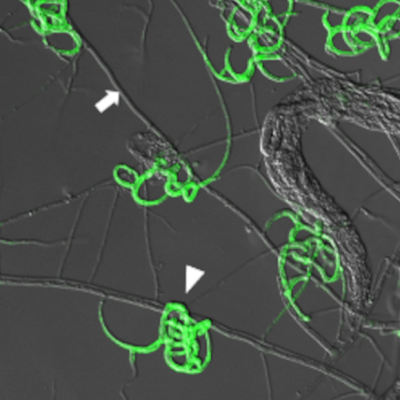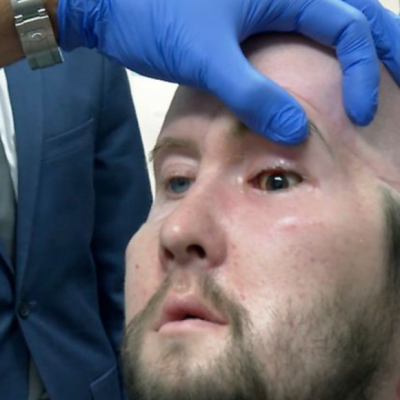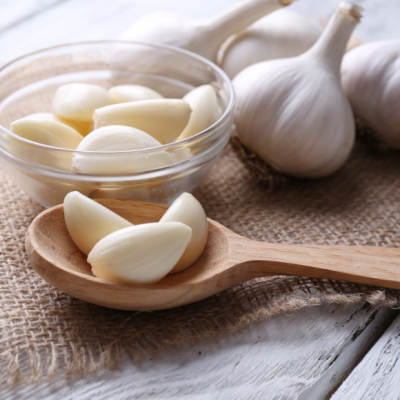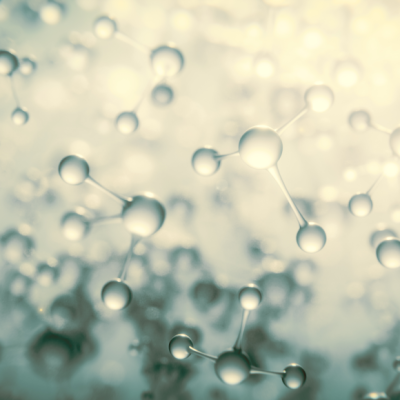Scientists from the University Health Network (UHN) in Toronto have discovered a way to convert organs with blood types A and B into universal donor organs. Blood types are not only present in red blood cells but also in almost all cells of the human body. The oligosaccharides on the surface of cells indicate blood type A, B, AB, or O. Universal organ and blood donors are only people with blood type O, but they often have antibodies against blood types A and B, making them wait longer for donor organs. The UHN team has found a way to remove the A antigens from the surface of cells using two enzymes, which could potentially convert organs from donors with blood type A into universal donor organs.
The enzymes, Fp-Galactosaminidase and FpGalNAc-Deacetylase, were discovered by Stephen Withers from the University of Vancouver in 2019. The enzymes remove the A antigen from the surface of cells in two steps, a process called Azyme. The UHN team treated red blood cells and blood vessels with Azyme, and the A antigens were almost completely removed. They then developed a device to treat donor lungs, which flushed the organs with an enzyme solution while ensuring the lungs were not damaged. After four hours, almost all of the A antigens were removed without any visible damage to the lung tissue. The next step is to test the procedure on animals with incompatible blood types before conducting clinical trials on humans.
Although the enzymes almost completely remove the A antigens, the genes that produce these antigens may still exist, which could lead to strong rejection reactions shortly after transplantation. The UHN team hopes to improve the distribution of donor organs and blood by converting organs with blood types A and B into universal donor organs. If successful, this could significantly reduce the waiting time for donor organs and save many lives.










